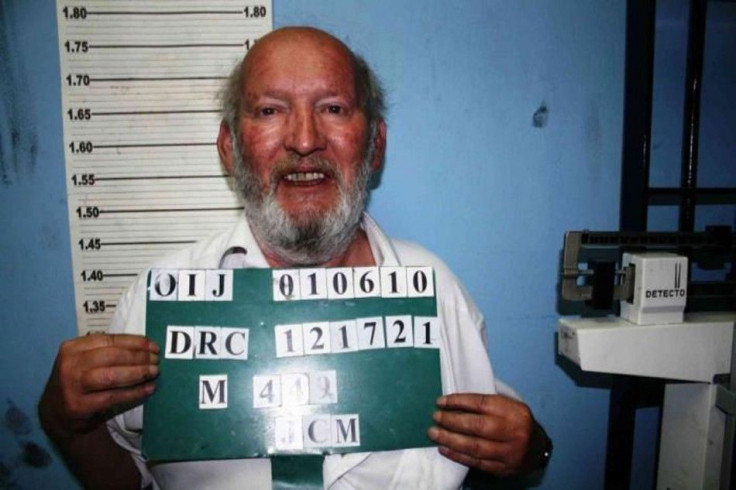French Breast Implants Maker Arrested on the Riviera

Jean-Claude Mas, the founder of French breast implant company Poly Implant Prostheses (PIP), was arrested on Thursday by national police in the Riviera town of Six-Fours-les-Plages.
The implants made by the now defunct PIP were pulled from the market in several countries after ruptures and silicone leaks affected tens of thousands of women worldwide. Mas allegedly used industrial-grade silicone in the implants, an unnapproved, cheaper and more dangerous alternative to medical-grade gel, according to The Associated Press.
CNN reported that the silicone used is believed by the manufacturers to be made for mattresses.
Interpol sent out a red notice for Mas, who has been charged with life and health offenses, in June. Mas is currently being detained at his house in La Seyne-sur-Mer.
In its heyday, PIP boasted selling to 60 countries. Silicone-gel implants are not legal in the United States, although some in the profession have been pushing the government to allow the product, Bloomberg reported on Thursday.
Congress is set to vote on new medical device legislation in September. The pro-gel side of the debate has argued that outlawing the product is sending revenues away from the United States, but with safety being regulators' biggest concern, the Mas case could close the door on the product permanently.
“All the industry guys in the U.S. say, ‘we should have access to these products much sooner, like in Europe,'” Oxford expert Carl Heneghan told Businessweek. “The flip side is, the European people are being used as guinea pigs.”
“The PIP breast implant scandal is an inevitable result” of European regulators' “paralysis and inability to correct the failings of a flawed system,” wrote Richard Horton, the editor of the British medical journal The Lancet.
Recall
Governments are now wondering if there needs to be a full product recall of PIP implants. This poses a significantly harder challenge then most recalls: it would mean removing the implants from all women 'enhanced' by Mas' product, regardless of whether or not they've been harmed.
German, Czech and French authorities are in favor of a European recall, and the Brazilian government is prepared to fine any plastic surgeon that does not remove and replace the implants at their own cost. Britain, on the other hand, does not think there is enough evidence to justify a mandatory removal in all cases.
Our advice remains the same that there is not sufficient evidence to recommend routine removal. We have always recommended that women who are concerned should speak to their surgeon or GP, British Health Secretary Andrew Lansley said in a statement.
The (National Health Service) will support removal of PIP implants if, after this consultation, the patient still has concerns and with her doctor she decides that it is right to do so, he said.
The AP estimates that 42,000 women in Britain received the implants, along with 30,000 in France, 9,000 in Australia, 4,000 in Italy, and 25,000 in Brazil. Additionally, one implant company used PIP implants in 14,000 separate operations, according to SafeBoobs.com.
France has already replaced the implants for 500 women.
This man has decided to reimburse patients even though there was no medical reason to do so, a defiant Mas said in a brief interview with RTL radio. Why pay for women's explanations where there is a real surgery risk? This decision is criminal.
© Copyright IBTimes 2025. All rights reserved.





















